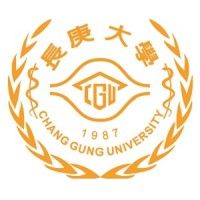BackgroundCytokine-induced killer (CIK) cells are heterogeneous lymphocytes from human peripheral blood mononucleated cells (PBMCs) co-cultured with several cytokines. The main purpose of this study is to evaluate the functional characteristics and anticancer ability of CIK cells from hepatocarcinoma (HCC) patients.MethodsCIK cells were activated ex-vivo and expanded from PBMCs from HCC patients. The immunophenotype and the ex-vivo killing ability of CIK cells were evaluated. Human CIK cells were intravenously injected into NOD/SCID mice to evaluate the in vivo anticancer ability.ResultsMore than 70% of CIK cells were CD3+CD8+, and 15%–30% were CD3+CD56+. These cells expressed an increased number of activated natural killer (NK) receptors, such as DNAM1 and NKG2D, and expressed low-immune checkpoint molecules, including PD-1, CTLA-4, and LAG-3. Among the chemokine receptors expressed by CIKs, CXCR3 and CD62L were elevated in CD8+ T cells, representing the trafficking ability to inflamed tumor sites. CIK cells possess the ex-vivo anticancer activity to different cell lines. To demonstrate in vivo antitumor ability, human CIK cells could significantly suppress the tumor of J7 bearing NOD/SCID mice. Furthermore, human immune cells could be detected in the peripheral blood and on the tumors after CIK injection.ConclusionsThis study revealed that CIK cells from HCC patients possess cytotoxic properties, and express increased levels of effector NK receptors and chemokine molecules and lower levels of suppressive checkpoint receptors. CIK cells can suppress human HCC ex-vivo and in vivo. Future clinical trials of human CIK cell therapy for HCC are warranted.






